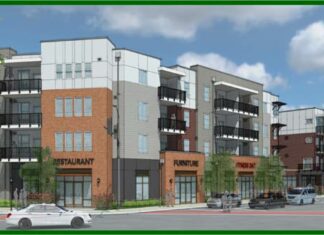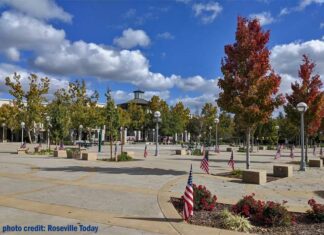Tahoe City, Calif.- Placer County wants to remind residents and visitors to the Tahoe area that there is a ban on alcoholic beverages on the Truckee River during the Fourth of July weekend: July 3, 4 and 5, 2009. Possession of open or closed containers of alcohol beverages is prohibited on the Truckee from its outfall at Lake Tahoe to the Alpine Meadows Bridge. State law bans the possession of alcoholic beverages on the river and any of its islands. Placer County ordinance bans possession of alcoholic beverage containers three feet up from the river’s high water mark on each bank, including all islands and bridges. The Fanny Bridge in Tahoe City is the only bridge excluded from the ban.
Placer County sought the ban last year due to repeated years of alcohol-related problems on the river during the popular holiday. Problems included driving under the influence, being drunk in public, indecent exposure, fighting, and minors in possession of alcohol.
The ban is in effect on the river from the outfall in Tahoe City at Lake Tahoe to the upstream edge of the Alpine Meadows Bridge. Placer County can regulate the land along portions along the Truckee River. However, the state has jurisdiction over the actual river as it is considered a navigable waterway.
“I am so pleased by the family-friendly environment created by the Truckee River alcohol ban, that I am happy to announce my support for a continued ban this 4th of July holiday weekend,’ said Placer County Supervisor Jennifer Montgomery, whose 5th District includes the portion of the Truckee River affected by the ban. ‘Placer County is justifiably proud of our efforts to reduce alcohol-related problems on the river.’
The Truckee River has played a central role in the summer recreation experience for families at North Lake Tahoe for decades, and is especially popular during the Fourth of July holiday, when thousands of rafters float the river. However, excessive consumption of alcohol along this portion of the river during peak holiday periods created a public safety hazard, degraded the tourism experience, and had a negative impact on the environment. Placer County sought state legislation to enact the ban when the numbers of rafter and alcohol-related issues increased in recent years. Prior to the ban, on previous Fourth of July holidays, there was an alcohol-related death, in addition to numerous arrests for driving under the influence (DUI), being drunk in public, indecent exposure and minors in possession of alcohol. Additionally, there were multiple automobile collisions that resulted in arrest for DUI. The voluminous amount of trash and debris left behind in the river and along the bank by rafters was a safety and environmental hazard and has been expensive to remove.
The ban, which took effect before last year’s Fourth of July holiday, was responsible for a significant reduction in alcohol-related incidents compared to previous years without a ban.
Violations of the ban are punishable by a fine not to exceed $150 for the first violation, $500 for the second violation and $1,000 for the third violation occurring in any calendar year.
(21+ years strong)
Welcome to the brighter side!
Get in front of local customers! 24/7 (365)























